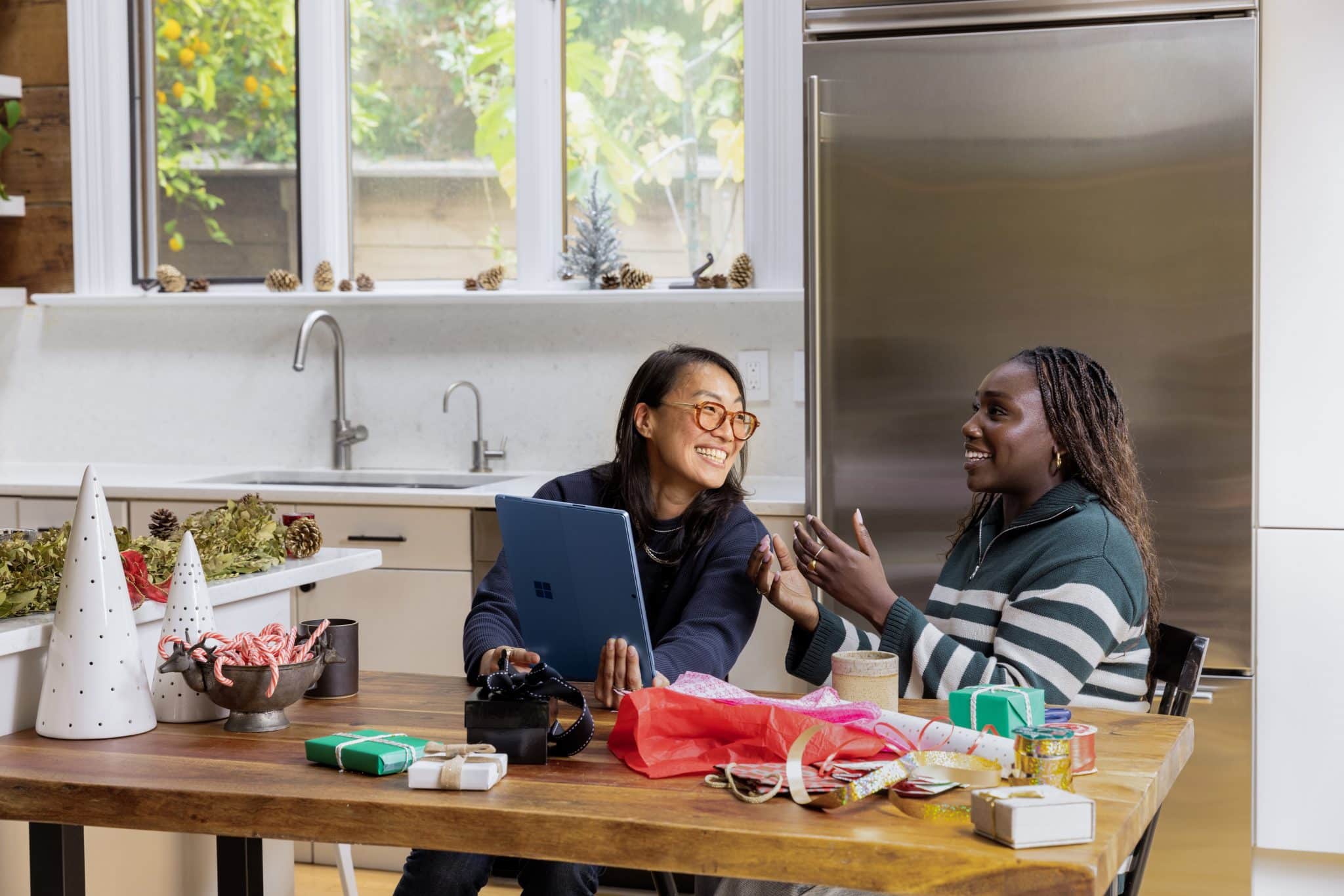Studying abroad poses many questions for students, but quite a few for parents as well. The type of questions that can cause serious stress and anxiety. Don’t worry. It’s not as bad as it may seem. And to help you, here are HomeHaks top tips to help get you through this exciting, and sometimes overwhelming, time.
Educate Yourself
Research the destination country, including its history, culture, customs, laws, social/moral codes, dress and language. Along with your student, learn a few of the local words and phrases. Never hesitate to ask questions of your student, the advisor or even a program administrator.
Letting go
Allow your student to make the most of the study abroad decisions – be a guide, not a supervisor. Give your student the information and resources he or she needs to make informed decisions. Don’t expect to hear from your student every day while he or she is abroad, and don’t make your student feel bad for that. Talk with parents whose children have previously studied abroad and try to prepare for the emotions they say they experienced.

Top Tips for Packing
If your student wears glasses, get him or her an extra pair or two to take with, particularly if they are prescription lenses. If your student is taking any prescription medications, be sure to send him or her overseas with an extra supply and a copy of the prescription. Check out this article for must know tips for packing to study abroad.
Communication
Establish a plan of communication with your student prior to departure. Encourage your child to start an instagram travel blog page while away so that you (and any other family members or friends) can follow along with the adventures. Students and parents should both have a set of emergency contacts with them at all times, including contacts from the school and program.
Finances
Have your child manage some money on his or her own before departing. Devise a financial plan with your child for the time he or she will be abroad. To limit spending and avoid lost money, teach your child to take money out of the ATM a little at a time. Don’t begin exchanging currency before your child departs-have him or her wait until he or she reached the destination.
Student responsibility
Discuss financial, social and academic responsibility with your child. Encourage your student to resolve his or her own issues while abroad and step in only when necessary. Have your student do the bulk of the study abroad research. Let your student know that you trust him or her to make the right decisions while studying abroad.
Food
Tell your student to stick to the busy restaurants, as eating at these is likely safer than at less popular restaurants. Freshly cooked foods are the best bet because they are less likely to contain contaminants. Although they may be legally permitted to drink abroad, students should be advised to drink with great care while studying abroad.
Safety
Students must be encouraged to cultivate and utilize their “street smarts” while studying abroad. Tell them to avoid political demonstrations, to only take official taxis and to protect their passport at all times. Establish emergency procedures with your student prior to departure. Use the State Department’s website to stay current on safety issues in specific countries. Tell your student to avoid bringing locals back to his or her living quarters.
Visitation
If you visit, choose to do so at a time that is convenient for your student. Remember that while it may be a vacation for you, your student still has responsibilities. You will miss your student, and he or she will miss you, but for ultimate growth, the student needs to spend quality time immersed in the culture and with fellow study abroad students.
To summarise
Allow your child a period of adjustment when first getting home. Students are used to being more independent, so take that into consideration. Encourage your student to keep in touch with the people he or she traveled with and met while studying abroad. Lend an attentive ear to your child when he or she gets home. These are HomeHaks top tips, we hope you have enjoyed them.
For more parent guides, check out our other articles you might be intersted in:
Practical Guide for Parents with Irish Students Studying Abroad in University







